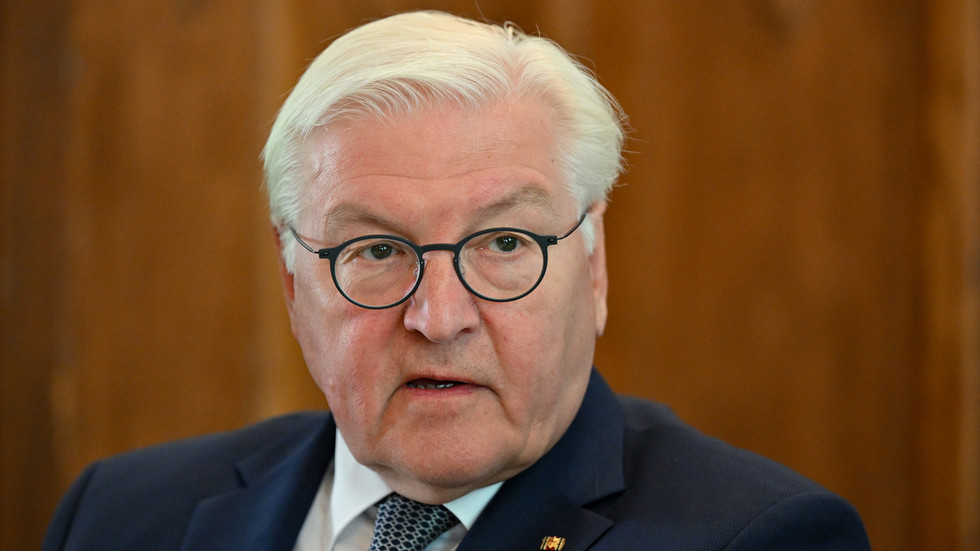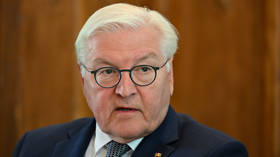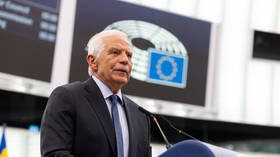
There will no longer be common security even after the end of the Ukraine conflict, Frank-Walter Steinmeier has predicted

FILE PHOTO: German President Frank-Walter Steinmeier © Global Look Press / Patrick Pleul
The conflict between Russia and Ukraine has “destroyed” the security order in Europe, German President Frank-Walter Steinmeier has claimed. He argued that there would be no return to former security principles even after the hostilities end.
“The European security order is no more,” Steinmeier told Germany’s RBB radio broadcaster on Wednesday, adding that “common security” will cease to be a “common concept for a long time to come.”
“We will find [ourselves] in a new situation [after the fighting ends], in which Europe on the one hand and Russia on the other hand will defend themselves against each other over the medium term,” the German president said.
Steinmeier pinned the blame on Moscow for the erosion of European security, maintaining that neither the German government nor the EU was responsible.

Read more
The comments came one day after EU foreign policy chief Josep Borrell asserted that the Ukraine conflict could be ended within days, should the flow of Western arms to Kiev cease. Borrell acknowledged, however, that such a scenario would not lead to the outcome Brussels was hoping for.
Russia has repeatedly stated it is ready to resolve the conflict through peaceful means, as long as its goals are achieved and its interests are taken into account.
In 2021, before the Russian military launched its campaign in Ukraine, Moscow tabled a comprehensive draft deal on security in Europe. The proposal involved a pledge by NATO not to expand further to the east, the removal of US nuclear weapons from Europe, and the withdrawal of NATO troops and missiles away from the Russian border. The deal was rejected by both Washington and Brussels.




